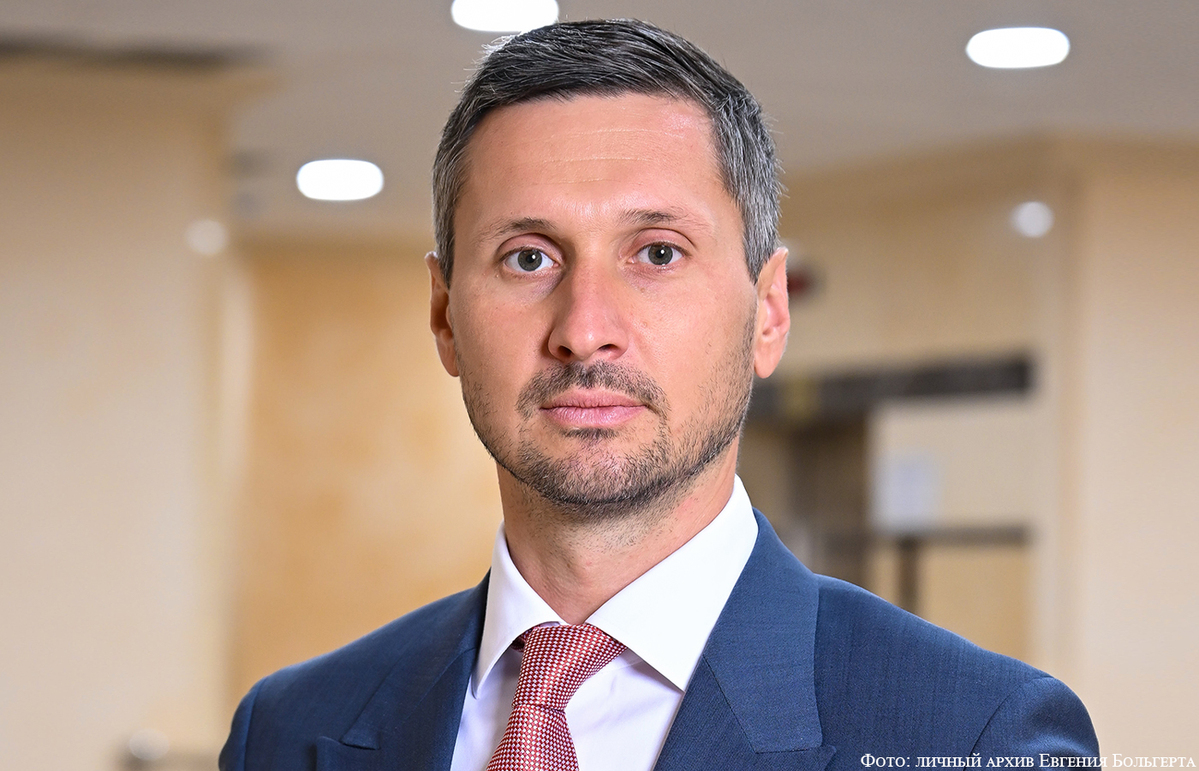ASTANA — Evgeny Bolgert, a member of the Kazakh Senate and chairman of the Wiedergeburt (Revival) Association of Germans in Kazakhstan, discussed the role of the German community in preserving and strengthening Kazakh-German relations in an interview with The Astana Times following the recent visit of German Chancellor Olaf Scholz to Astana and memorandums signed.

Evgeniy Bolgert. Photo credit: wiedergeburt-kasachstan.de
Bolgert emphasized that Kazakhstan and Germany have seen increased cooperation at both political and economic levels in recent years. German President Frank-Walter Steinmeier’s 2023 visit to Kazakhstan and subsequent meetings between leaders have reinforced these ties. During Chancellor Scholz’s recent visit, Kazakhstan also served as a platform for the Germany-Central Asia summit, highlighting the nation’s strategic significance in the region.
Bolgert pointed out that primary sectors of bilateral cooperation include renewable energy and logistics infrastructure.
“Kazakhstan holds strategic importance for Germany across various areas, including politics and economic ties, with a focus on renewable energy projects. Both countries benefit from the development of transport and logistics infrastructure, as Kazakhstan is an important part of the Trans-Caspian International Transport Route, or so called Middle Corridor, connecting the European Union and China,” said Bolgert.
Additionally, Bolgert noted existing projects in oil supplies and agriculture, as well as plans to deepen raw materials cooperation and projects in sustainable production, transportation and education.
Educational cooperation
A major development in the cultural and educational spheres is the opening of a Kazakh-German school in Astana. A memorandum was signed during Scholz’s visit, marking the official start of the project. When asked what actions have been taken since the memorandum signing, Bolgert noted that the school is expected to be operational by next autumn.

Kazakh-German school to open in Astana. Photo credit: wiedergeburt-kasachstan.de
The school will offer students dual certificates—Kazakh and German—allowing them to enter leading universities in Germany without additional exams.
“Graduates will be able to apply directly to German universities with equal standing as those from Germany,” said Bolgert, highlighting the project’s significance in strengthening educational ties between the two nations.
Bolgert also highlighted some other projects in the educational field.

The interior of the Kazakh-German school in Astana. Photo credit: wiedergeburt-kasachstan.de
“Cooperation between Kazakhstan and Germany is progressing significantly, particularly through several Kazakh-German Institutes in Almaty and Aktau, which offer dual degree programs in partnership with German universities,” he said.
With a focus on green technologies and renewable energy, the Kazakh-German Institute of Science and Technology will serve as a training hub for specialists needed for large-scale projects, such as the production of green hydrogen in the Mangystau Region. Bolgert noted that the German dual learning system is based on 60% hands-on experience with 40% theory.
“The green hydrogen production project in the Mangystau Region will require qualified specialists in renewable energy, innovative technologies and engineering. This project is unprecedented in scale and is set to become a cornerstone for the region’s and Kazakhstan’s development,” said Bolgert.
Economic collaboration: green economy and agriculture
Both sides highlighted the potential for cooperation in the green economy and agriculture at the Kazakh-German business forum. Bolgert noted that Kazakhstan is rich in rare earth metals, essential for Germany’s innovative industries.
“This cooperation goes beyond simply exporting raw materials. It involves joint projects focused on the deep processing of raw materials within Kazakhstan, followed by the export of finished products to Germany,” said Bolgert.
He added that the agricultural machinery sector also presents a growing opportunity.
“Several major agricultural machinery manufacturers, including a German global leader, have localized production in Kazakhstan. A factory has been established in Petropavlovsk, Northern Kazakhstan, and this project is expanding,” Bolgert said. “These developments are fostering a positive effect in the industrial sector, with an increasing number of German companies investing in Kazakhstan.”
Bolgert also noted that in the transport and logistics sector, Deutsche Bank and Kazakhstan Temir Zholy (KTZ) railway company made agreements with other private railway companies to enhance freight rail transportation.
Bolgert also added that Kazakhstan’s Baiterek national management holding and major German financial institutions such as Euler Hermes and KfW also signed cooperation agreements.
“These institutions finance German businesses abroad, and their willingness to support projects in Kazakhstan signifies trust and confidence in the country as a destination for German investment,” said Bolgert.
Cultural and humanitarian cooperation: the role of the German community in Kazakhstan
Bolgert emphasized the role of Kazakhstan’s ethnic German community in strengthening cultural and humanitarian ties between the two countries.
“The German Chancellor emphasized the community as a ‘living bridge’ between Kazakhstan and Germany,” he noted, referring to the strong ties between ethnic Germans in Kazakhstan and those who emigrated to Germany.
“These relationships are not only familial and friendly but have also evolved into business connections, playing a crucial role in humanitarian and cultural cooperation. The sizable ethnic German community in Kazakhstan has contributed to warm, close and friendly relations between the two nations,” he added.
Kazakhstan is home to more than 226,000 ethnic Germans, and around one million German resettlers from Kazakhstan now reside in Germany. The Kazakh government has long supported the cultural identity of its German community, ensuring they can preserve their traditions, language and heritage. The German government has reciprocated these efforts. Cultural exchange programs, including student exchanges and creative collaborations, further solidify this bond.
“This cooperation helps maintain and strengthen humanitarian ties,” Bolgert said.
Kazakhstan’s inclusive policies have created equal opportunities for all ethnic groups, including its significant German diaspora. The community’s contributions in Kazakhstan and among those who emigrated to Germany continue to promote mutual understanding and cooperation.
In closing, Bolgert highlighted the mutual commitment of both countries’ leaders to preserving and advancing this cultural relationship, calling it an essential pillar of their broader bilateral ties.
